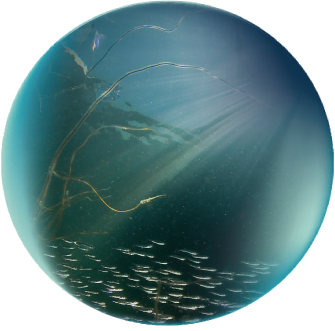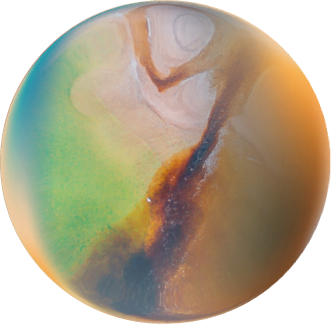Baltic Sea Brief 79: Important signals from the European Commission regarding fishing quotas for 2026
The European Commission’s proposal for next year’s fishing quotas in the Baltic Sea is good news for herring and sprat. It remains to be seen whether the Council of Ministers will choose to listen to the proposal when making its final quota decision.


